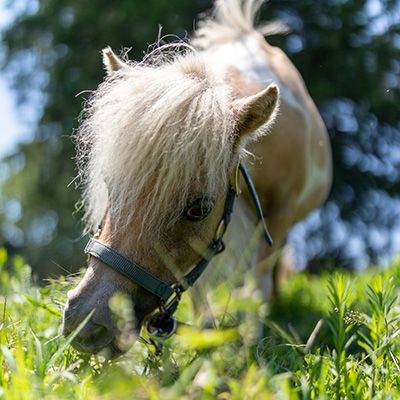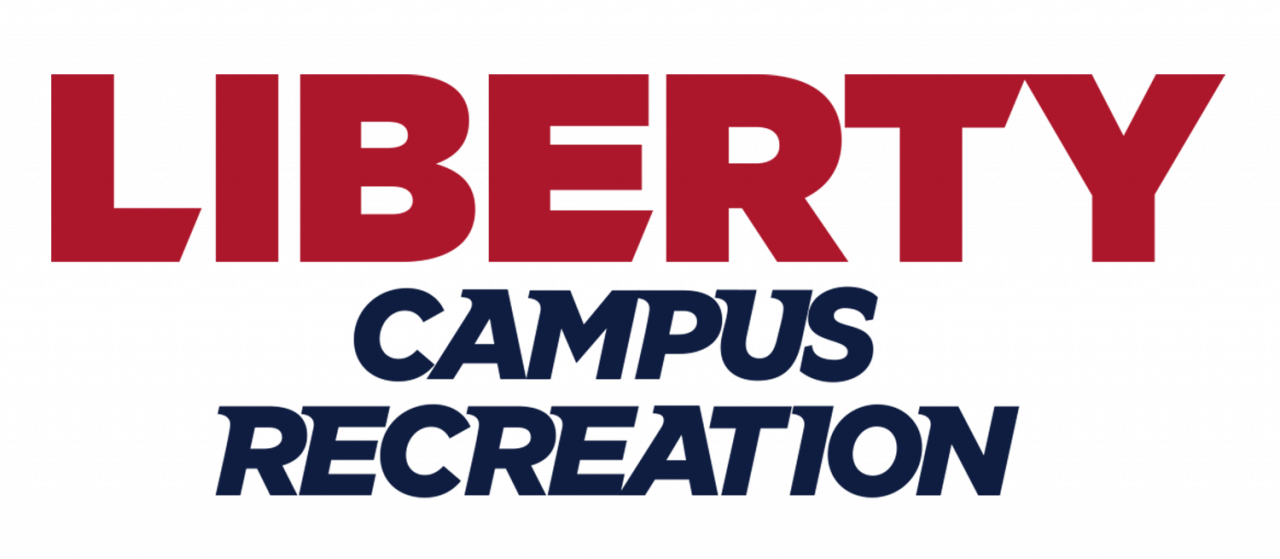What do Horses Eat?
February 24, 2023
Written by Suzanne Flaig, Director Liberty Mountain Equestrian Center

The well-being of any animal is largely dependent on having appropriate nutrition and feeding strategies. Horses are no different and we feed a lot of them at the Liberty Mountain Equestrian Center! Here are some of the basics related to taking care of horses and the general categories of feed that they need.
Forage
The bulk of any horse’s diet should consist of quality forage. Forage is generally considered pasture grass or hay (dried grass). Horses are designed to graze throughout the day. Think of horses in the wild that roam to find enough food to sustain themselves. Or, if you ever see a grassy field with horses in it, chances are you will see horses with their heads down eating. Forage takes some time for a horse to chew, so they intake small, consistent amounts over time. They can eat up to 15 pounds or more of forage a day. Forage provides calories, protein, vitamins and nutrients and if it is good quality, horses do not need much more!
Concentrates
For most horse owners, concentrates are usually called “grain”. Many horses require additional grains to meet their daily nutritional needs depending on factors such as: age, workload and access to forage. These grains are typically processed into pellets but can also be fed whole. Types of grains include corn, oats, barley, wheat, soybeans, and beet pulp amongst others. Molasses is often added to these processed pellets to make them more palatable, and horses usually are eager to see the grain cart coming around! Unlike forage, horses can eat concentrates much faster, so only smaller amounts of concentrates are fed 2-3 times throughout the day. Overfeeding concentrates can be extremely dangerous for horses so care must be taken to maintain a consistent schedule and appropriate oversight of horses’ access to certain feeds.
Supplements & Treats
In addition to forage and concentrates, other supplements may be added to a horse’s diet depending on need. This is similar to a person taking a daily vitamin or a probiotic. Most supplements are available without a prescription and can help improve a horse’s hair coat, hoof strength, joint mobility or digestive function. Each horse is unique, so the need for supplements is often determined through consultation with a veterinarian or other equine specialist.
Treats are not required for a horse, but they are definitely accepted by most! Common treats are apples, carrots and even peppermints. While treats are fun to give, it can lead to behavior issues like biting when fed by hand, so caution and care should be used when deciding when treats are appropriate. Like treats for people, all things in moderation.
Water
It should go without saying that horses need access to clean fresh water at all times. Good hydration keeps their digestive system working properly and helps avoid some potentially serious ailments. Salt blocks are also recommended as a free choice option for horses as it encourages them to drink well.
To wrap up, this is a very brief overview of the basics of feeding horses. There are some general dos and don’ts but also many different strategies that can be implemented successfully. A good rule of thumb is to do no harm and not feed a horse that is not your own without asking. When in doubt, check in with a veterinarian or other nutrition specialist.
